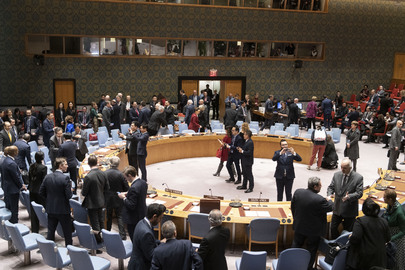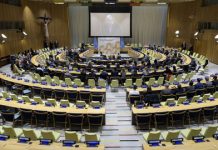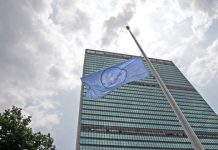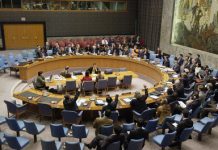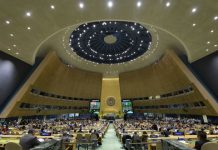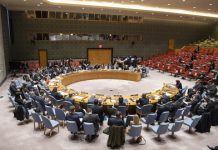Speaking to world leaders at the General Assembly’s annual debate, President Lula lamented that the current global situation, including the seeming paralysis of the UN to act, reflects a “weakening of our collective capacity for negotiation and dialogue.”
By example he said that the recently adopted UN Pact for the Future was limited in scope, though its proposed aim is to chart the course for multilateral relations in the years ahead.
“It’s …limited scope is also an expression of the paradox of our time: We go around in circles between possible compromises that lead to insufficient results,” he argued.
Moreover, despite the challenges posed by the COVID-19 pandemic, no comprehensive treaty on pandemics has been adopted by the UN World Health Organization (WHO).
He continued, “We are living in a time of growing anguish, frustration, tension, and fear” and criticized the rising military budgets and conflicts, stating that the use of force is becoming the norm, often without the backing of international law.
Mr. Lula firmly condemned the invasion of Ukraine and, alongside China, has sought to promote constructive dialogue through a proposed “six-point plan.”
The humanitarian crises in Gaza and the West Bank were also focal points of his speech. Describing the situation as one of the greatest humanitarian crises in recent history, the Brazilian President condemned what he saw as the collective punishment of the Palestinian people, noting the tragic loss of over 40,000 lives, primarily among women and children.
“The right to defense has become the right to vengeance,” President Lula said, expressing his concern about the current escalating situation in Lebanon.
Turning to climate change, President Lula warned that “we are doomed to climate change interdependence,” stressing that future generations will bear the consequences of unfulfilled climate commitments.
He emphasized Brazil’s commitment to environmental protection, stating that deforestation in the Amazon has been reduced by 50 per cent and aims to be eradicated by 2030.
In a call for reform of the global financial system, President Lula pointed out that low- and middle-income countries are often disadvantaged, leading to a “reverse Marshall Plan” where the poorest finance the richest.
Highlighting the stark contrast in borrowing rates between African nations and wealthier countries, he urged greater representation of developing countries in institutions like the International Monetary Fund (IMF) and the World Bank.
Finally, he proposed a “comprehensive review” of the UN Charter and called for urgent reforms within the Organization itself, advocating for the Security Council to reconsider its exclusionary practices regarding permanent seats for Latin American and African countries.
He concluded with a reminder that the world cannot afford to wait for another tragedy to prompt necessary governance changes, urging that the will of the majority must prevail over entrenched power structures.
Click here to download the statement (in Portuguese).
Source of original article: United Nations (news.un.org). Photo credit: UN. The content of this article does not necessarily reflect the views or opinion of Global Diaspora News (www.globaldiasporanews.com).
To submit your press release: (https://www.globaldiasporanews.com/pr).
To advertise on Global Diaspora News: (www.globaldiasporanews.com/ads).
Sign up to Global Diaspora News newsletter (https://www.globaldiasporanews.com/newsletter/) to start receiving updates and opportunities directly in your email inbox for free.


